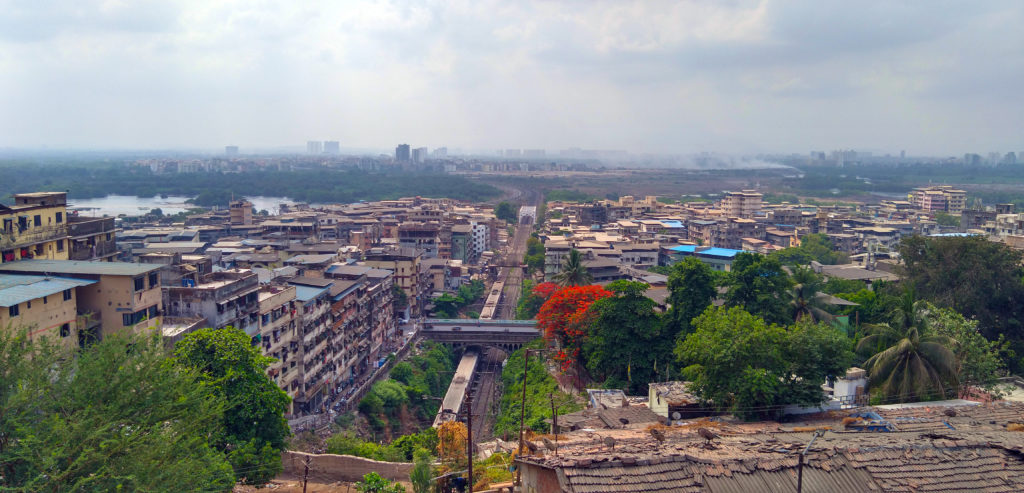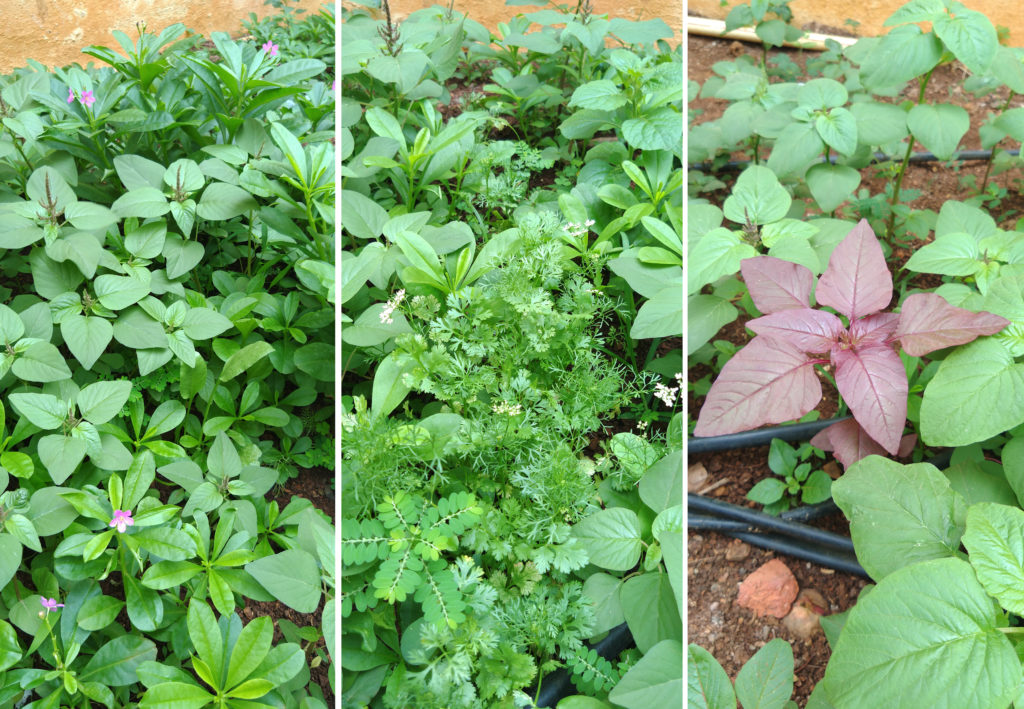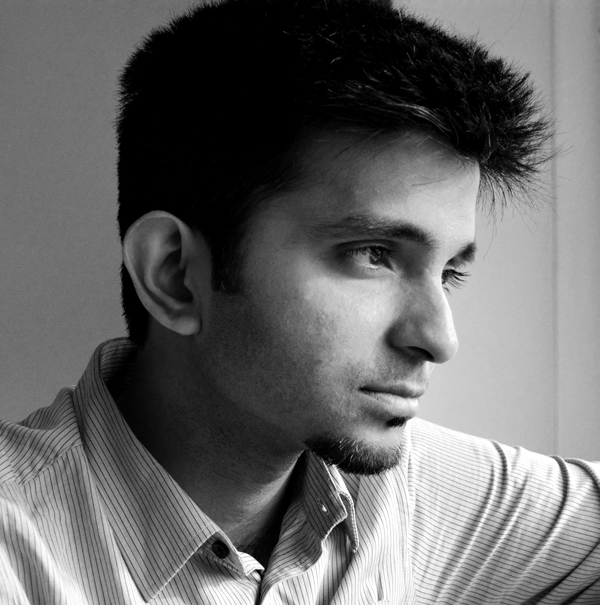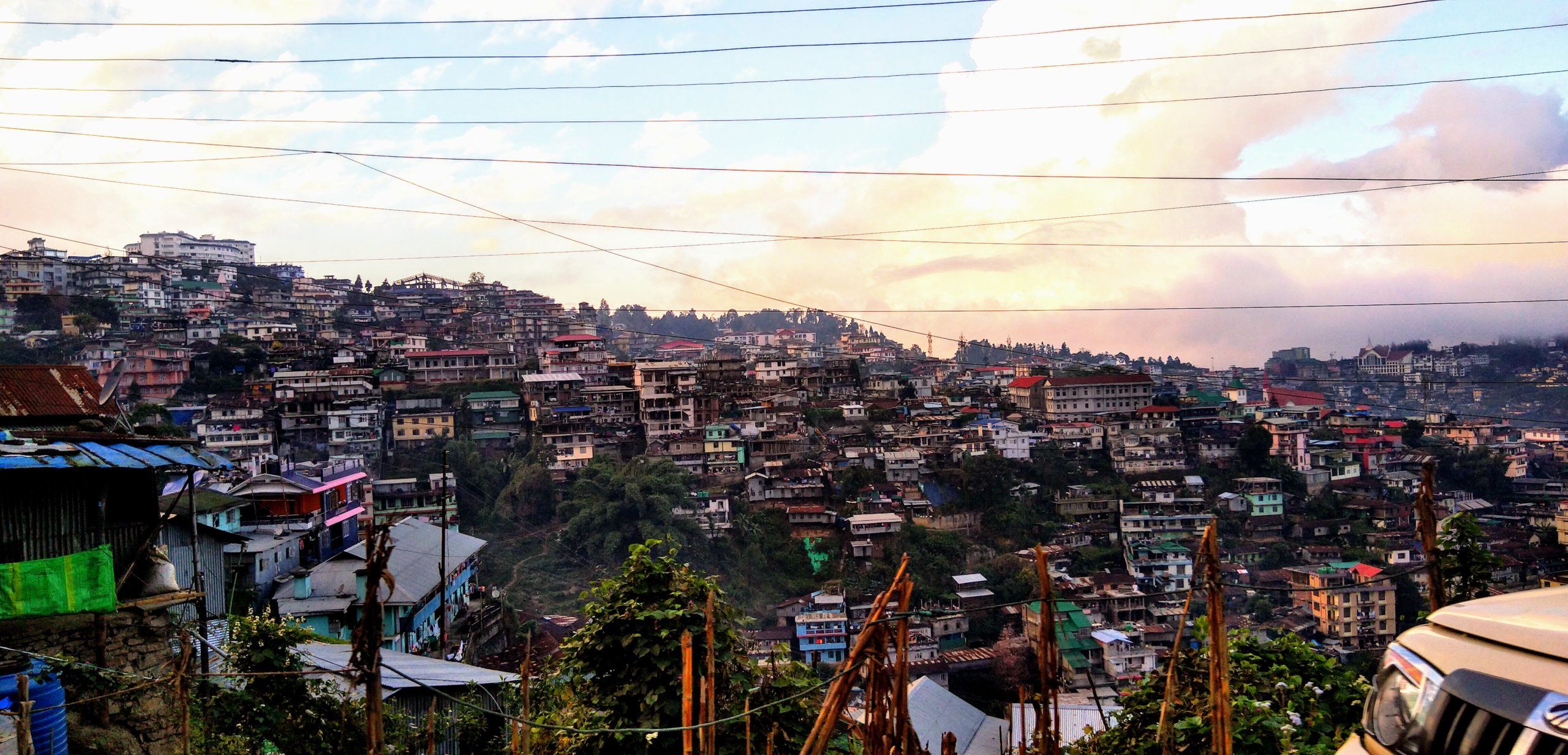By Sandeep Balagangadharan Menon
Having grown up in the verdant seaside city of Trivandrum, Kerala, I always had a sense of being innately connected to nature. As a child, I remember my favorite pastime was to search for notional outlines of objects in the dappled shadows cast on the footpath by the bountiful tropical sun while waiting for the school bus. Growing up in the 1990s and early 2000s, I was a mute witness to the changing urban-scapes of Indian cities. Triggered by the economic liberalization of India in the early 1990s, this subsequent surge in ‘development’ and frenzied construction activity in the urban and peri urban areas was a phenomenon common to most cities and towns, irrespective of size. Even though I was a student at that time, I could sense that there was something not quite right in the way the cities were transforming: engulfing the peripheral agricultural lands and wetlands, which were often claimed without any scientific studies.

My training as an architect helped sharpen my skills and my understanding of the world around me. I chose to do a post-graduate degree in Landscape Architecture and went on to work as a Landscape Architect. In the span of 12 years, I worked on master planning and landscape projects of varying scales and in diverse bio-geographies across the world. Most of the work I was involved in was greenfield projects in the rapidly urbanizing peripheries of cities of the Global South. By then, I had almost accepted the worldview prevalent in professional spheres regarding ‘landscape’ architecture being a means to ‘add aesthetic value’ and ‘attribute meaning’ to real estate projects.
It was in mid-2017 that I stumbled upon an email announcing the SDG Academy MOOC Sustainable Cities. The coursework seemed promising, and at that point of time in my life, I had grown jaded designing golf courses and ‘luxury’ condominium podium gardens. The coursework was an eye opener for me! Week after week, I would look forward to the day when the next module would be updated online.
The 17 UN Sustainable Development Goals, their ambitions and the persuasive efforts taken by the various signatory member countries of the UN, including India, were compelling enough for me to take a hard look at my career trajectory. I realized how ‘conveniently ignorant’ we were, as professionals of landscape architecture, regarding the climate crisis and the consequences of anthropocentric actions over time. Globally, the building industry is one of the largest consumers of energy and natural resources. The building industry in India seemed to be obsessed with ideas of ‘walled gardens for those who can afford them,’ ensuring ‘human comfort’ and ‘amenities’ at the cost of the environment.
This is reinforced by the fact that Indian architectural education does not recognize the environmental emergency that we are in currently. Global warming is accelerating the thinning of the Arctic permafrost by the day threatening submergence of islands and low lying coastal zones around the world. Architecture as a pedagogy needs to move beyond the ideas of human dominance and anthropocentrism. The need of the day is to inspire and motivate students to embrace a paradigm shift in perceptions regarding our space and our blind adherence to the economic model of ‘exponential growth’ on a planet with limited resources, which we humans share with the numerous other species.
This was when I decided to set things right.
I quit my cushy corporate job as an in-house landscape architect for a leading corporate house and joined a progressive architectural academic institution, the Kamla Raheja Vidyanidhi Institute for Architecture and Environmental Studies (KRVIA), Mumbai, as a core faculty. In my current role as an academician, I have been involved with the institution and my fellow faculty in sensitizing students to various environmental issues. The first-year undergraduate students, as part of their Environmental Studies (EVS) session, are encouraged to get their hands dirty by indulging in permaculture within the college campus. The process is documented in a hand-drawn almanac (scrapbooks where students record their journey of accruing a fresh perspective). Many students have acknowledged that this was the first time that they had a visceral connection with the act of producing food, which otherwise is an almost invisible system in the megacities of India.

KRVIA is also part of a consortium of higher educational institutions (DUK-Krems, Austria, and ITC, University of Twente, Netherlands, along with three other Indian schools of architecture) working on an Erasmus Plus-funded project: BReUCom (Building Resilient Urban Communities). As part of the endeavour, newer academic courses and professional development programs are being developed by the institutions, and will be made available under a Creative Commons license for use by other institutions for capacity building in the realm of ‘Urban Resilience.’ I developed a course titled ‘Living in Flux: Resilient Landscapes as Transformative Response to Climate Change,’ for semester III students of the Master’s of Urban Design and Urban Conservation, influenced by the desire to steer the pedagogic arc within the school to explore ecological urbanism and climate resilience. The course acknowledges the academic and professional commitment to the Agenda 2030 target, and introduces students to the concept of the Anthropocene as a global epoch, including a thorough understanding of ‘Ecological Footprints & Biocapacities,’ ‘Planetary Boundaries’ and ‘Socio-Ecological Systems (SES).’
In 2020, during the COVID-induced lockdowns and the subsequent adoption of online classes by the Mumbai university, the open educational resources curated by the SDG Academy on sustainable development and the Sustainable Development Goals proved to be a very useful repository. The students found the videos (links were shared as allied teaching tools) easy to comprehend. The course sparked interesting discussions and exciting revelations among the students, and anonymous feedback revealed that all the students who took up the elective course consciously felt that the coursework had transformed the way they approached urbanism.
The larger question of ‘whether the existing curriculum in architectural education is enough for grooming a new generation of architects or a more comprehensive and well thought about revolution is needed’ is obviously one that needs to be introspective in depth. This may prove to be a gargantuan exercise, and a piecemeal approach to the same may not be an effective solution. The recently-announced ‘National Education Policy 2020’ by the Government of India, with its thrust on holistic and multidisciplinary education environments, may prove effective in overcoming the current lacunae. However, our role as responsible faculty members does play a very important part in shaping up ideas in the impressionable minds of the younger generation: that urban development should be a product of the socio-ecological processes of a local region, ethically responding to the aspects of minimizing the ecological footprint and be well within the bio-capacity of the land.

Sandeep B. Menon is a practising landscape architect and a core faculty member at the Kamla Raheja Vidyanidhi Institute for Architecture and Environmental Studies, Mumbai. He has worked on landscape design and masterplanning projects of varying scales in various bio-geographies. His work addresses the ideas of natural processes, local ecology and native planting.
He is currently involved in the European Union Erasmus Plus research project for ‘Building Resilient Urban Communities’ (BReUCom). His interests range from ecological urbanism, landscape ecology, socio-ecological resilience, sustainable urban water management, ecological corridors and wetland systems. He can be contacted at templetree@gmail.com.
